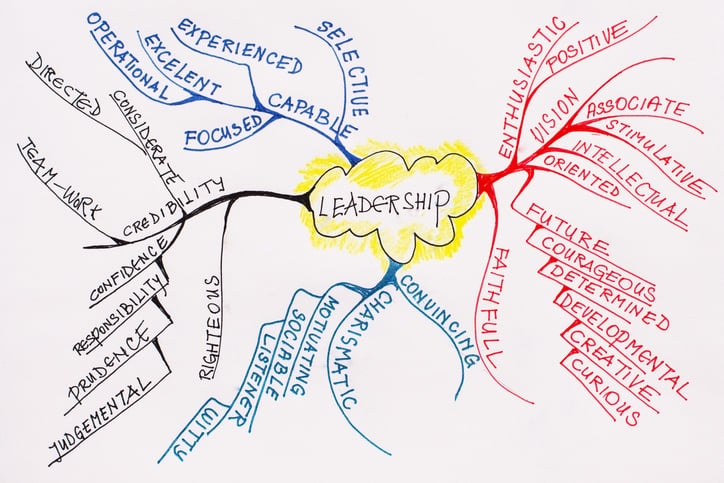When I explain my work to others, I introduce myself as a project manager, as it quickly defines what I do. Then I talk about my company, which is a hierarchy-free organization. After the initial surprise and clarification phase, I often get this question: but if there's no hierarchy, how can you be a leader?
First and foremost, it's important to note that I'm a "project manager" and not a "team leader." My role isn't to supervise people but to ensure that the project progresses smoothly. To illustrate this, I like to use the metaphor of a cart that needs to be taken from point A to point B.
As a team member, I'm at the front, pulling the cart alongside my colleagues.
As a project manager, I'm also on the cart, determining the route and setting the course.
Finally, my last role is to walk alongside the cart and ensure that the wheels are well oiled and that no stones will make our task more difficult.
In summary, I contribute to project development, monitor progress and make decisions, and ensure that all necessary resources are available for project success.
But this project manager role is the same as the one I had in my previous company, which was a traditional enterprise. What's different now is that I have no hierarchical relationship with other team members. Therefore, I don't have the authority to impose my vision and actions on them
I recently read François Dupuy's book "Lost in Management," in which he illustrates some of the current weaknesses in management. Among his observations, two particularly caught my attention: the problem of trust, which I'll discuss later, and the issue of resources available to frontline managers such as project, team, or service leaders.
He explains that in traditional companies, these project managers no longer have control over bonuses or job changes. Thus, they have only sticks and no carrots to motivate the team. It's a real problem for these managers who feel powerless to lead the team.
What struck me about this statement is that what he highlights as a problem in a traditional company has been institutionalized in hierarchy-free companies. With salary increases decided jointly by the team, HR, and peers within the company, bonuses based on collective objectives, and mission changes driven solely by our desires (each of these points could be the subject of a post to explain their workings...), I have no hierarchical leverage to impose my project choices.
And that brings me back to trust:
Let's be honest, most of the time, the team does what I ask of them. One could argue that it's a remnant of authority as a leader or perhaps a sort of natural charisma; I can't judge. But I like to think that they listen to me because they trust me to make the right decisions, those that are in the project's, team's, and client's interests. Just as I trust them to do their job their way. Indeed, I give them the goal to achieve, and I don't impose a way of doing it.
So, in the end, what does it mean to be a leader in a company without leaders? In fact, it's just a matter of semantics.
Being a leader means being the trusted person in the team for all project-related decisions.
A leaderless company is one without anyone who has the authority to impose a decision that goes against the project or the team.
And being a project leader in a hierarchy-free company is about greasing the wheels so that the team (including developers, the client, and the project manager) can pull together smoothly towards the collectively agreed-upon goal!




